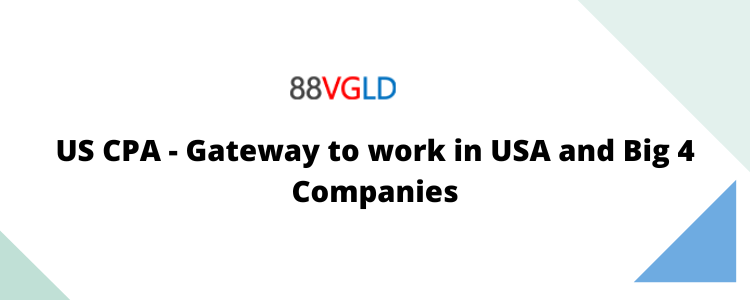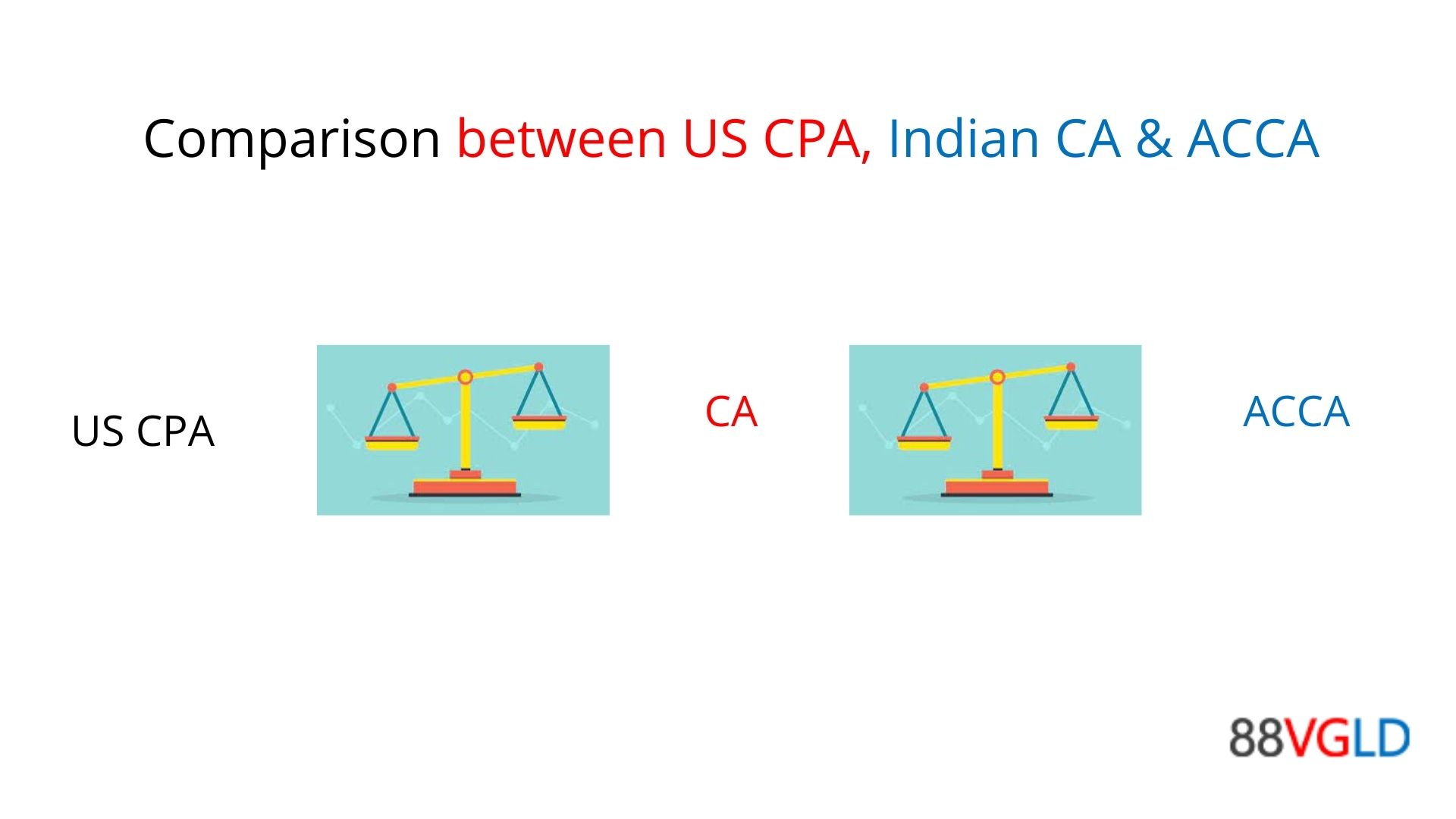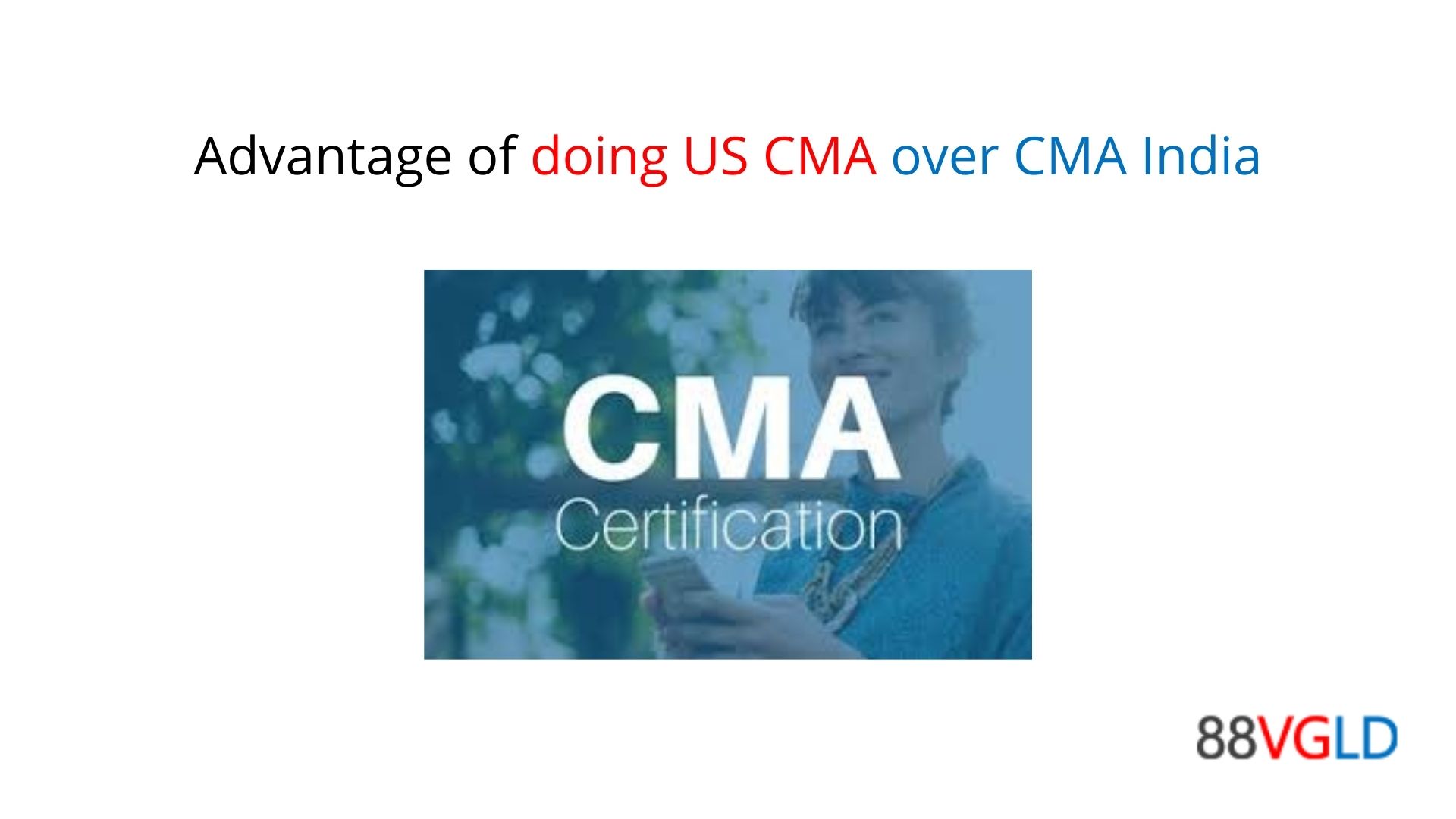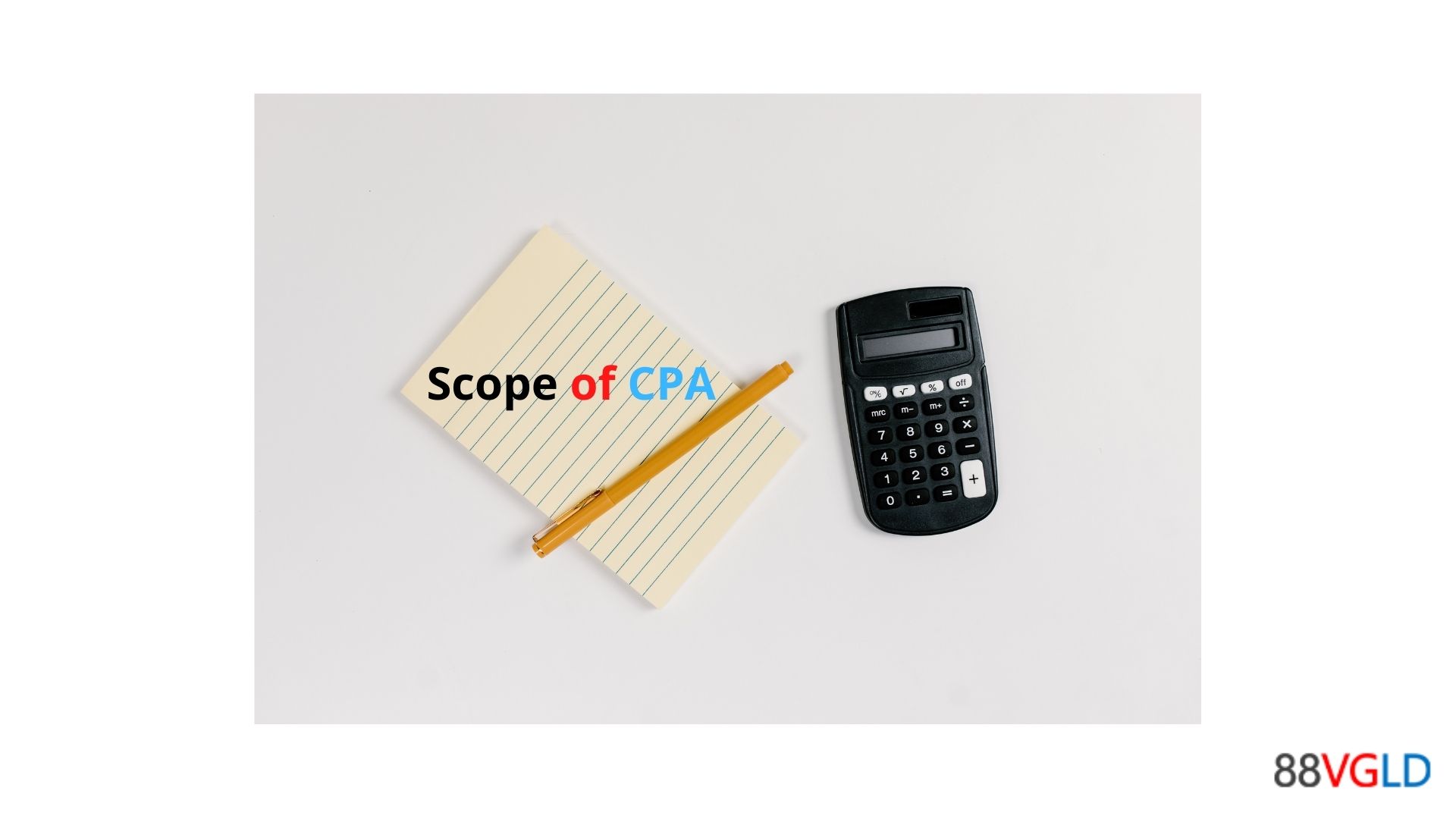CPA Licensing and Other Details
.jpg)
CPA Licensing and Other Details
Introduction?
Certified Public Accountant (CPA) conducted by The American Institute of Certified Public Accountant (AICPA), is a very prestigious qualification/degree to have under one’s belt. CPA is the only license permitted to carry out accounting services to the public in the USA. However, just clearing the four set of examinations would not allow one to practice accounting, sign audit reports, tax returns in the USA. In order to be able to do such things, one needs to obtain a CPA license from a state accountancy board (out of 55 states & territories) in the USA.
It's quite normal to be confused and have some questions like below:
Do I need to obtain a certificate/NOC from all 55 states & territories?
What is the difference between CPA Qualification & License?
Are foreign students permitted to obtain a CPA License?
How much time, fees is required to obtain a CPA License?
Is there any difference in exam for US and Non-US students?
But don’t worry – we at VGLD are here to help clear all your doubts. We will now tackle each of these queries one-by-one to facilitate an informed decision making about your career.
Difference between CPA License & Qualification?
In simple terms, a CPA License is a permit to practice accounting, offer auditing services on financial statements and other attestation services including signing tax returns in the USA. In order to hold a CPA license, one must have obtained required CPE credits, be CPA qualified (clear 4 exams) and hold minimum working experience.
On the other hand, a CPA qualification is only a testimony of one’s knowledge and skills in clearing the four papers, namely, Auditing & Attestation; Business Environment & Concepts; Financial Accounting & Reporting and Regulation. This is more like a passing certificate upon successful appearance in conducted examinations.
Eligibility for CPA Qualification
A CPA qualified candidate needs to obtain 120 CPE credits. Generally, each year of college accords 30 credits.
As an example, below combinations can help you to easily determine your eligibility:
B.Com + 1 year Diploma – 120 credits
B.Com + CA Inter/ ICWAI Inter / CS Executive – 120 credits
Any graduate like BBA/BA/BCA/B Tech are also eligible to obtain a CPA qualification, similar to any B.Com candidate.
Eligibility for CPA License
A candidate must be able to satisfy below requirements to hold a CPA License:
Be CPA qualified, i.e., clear 4 exams within required time-frame of 18 months
Obtain minimum education, i.e., 150 CPE credits
Working experience, i.e., most states require at least 2 years of experience
Satisfy Member States & Territory requirements, i.e., citizenship, residency, social security etc.
A candidate needs to obtain license administered by any one of the 49 states & 6 territories (total 55) with each one having their own set of requirements under below four categories:
Citizenship
Residency
Social Security
Participation in International Programs
Out of 55 these states & territories, only 6 of these require one to have an affirmative answer to above mentioned criteria. One can click on this link to obtain more information on your specific state.
Also, few states require a candidate to clear Ethics examination post clearing the mandatory 4 papers.
Other FAQs
Q: Are international students eligible to obtain a CPA License?
A: Yes, international students are equally eligible to obtain a CPA license as a US citizen
Q: Is there any difference in exam for US and Non-US students?
A: No, international students undergo the same process as U.S. citizens for CPA license & qualification
Q: What is the total cost to earn a CPA License?
A: Total cost to obtain a CPA License varies depending on the state chosen for licensing. For an Indian student, total cost would be around Rs. 3,30,000 (incl. institute fee + CPA exam fees). Cost of licensing would be additional based on state-specific fees.
One can click here for more details on state specific costs.



.jpg)








 +91-9700000038
+91-9700000038 Direction
Direction